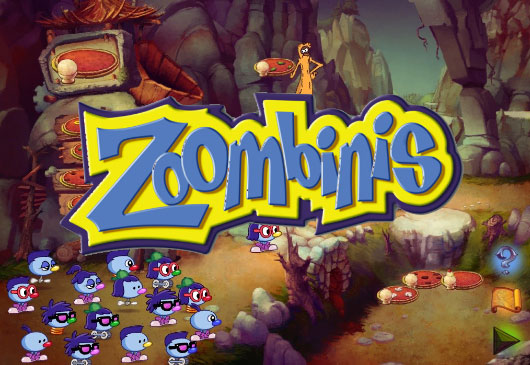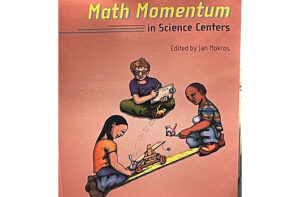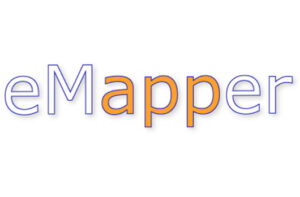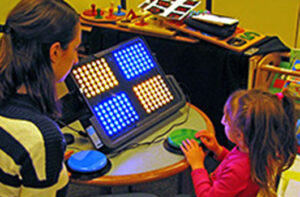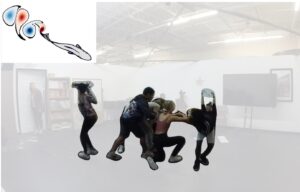Assessing Implicit Computational Thinking in Zoombinis Puzzle Gameplay
Elizabeth Rowe, Ma Victoria Almeda, Jodi Asbell-Clarke, Richard Scruggs, Ryan Baker, Erin Bardar, Santiago Gasca
Computers in Human Behavior, Volume 120, July 2021, 106707
Highlights
-
Described an emergent approach to the development of game-based learning assessments.
-
Used data-mining methods to create detectors of students’ implicit computational thinking based on gameplay behaviors.
-
Results showed in-game measures were significantly related to external measures of computational thinking.
-
Applications of in-game measures as formative computational thinking assessments of teachers and designers.
Abstract
There has been growing interest in assessing computational thinking (CT) across diverse learners beyond the traditional forms of tests and assignments. Learning games offer the potential for innovative, stealth assessments of students’ implicit learning from gameplay behaviors. This paper reports on the measurement of implicit CT practices demonstrated by upper elementary- and middle-school students as they play the CT learning game Zoombinis. The process of using the gameplay log data to build valid automated detectors of students’ implicit CT practices is discussed. Findings from this study provide implications for analyzing gameplay behaviors at scale, leading to the development of models for the assessment of implicit STEM learning.

Related People:
Elizabeth Rowe, Jodi Asbell-Clarke, Erin Bardar, and Santiago Gasca

